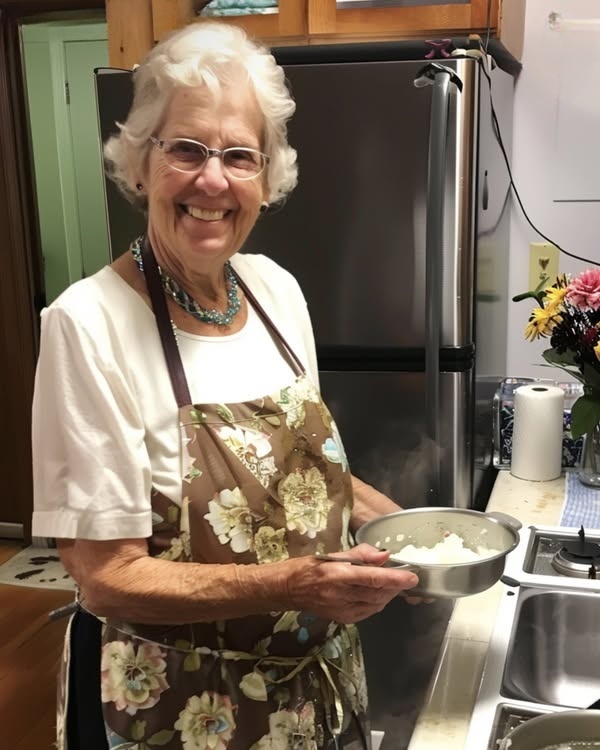Eleanor had devoted nearly five decades of her life to her church—leading Bible classes, organizing fundraisers, even quietly covering the cost of mission trips for teens. She gave freely, never asking for praise. But when a car accident left her disabled and isolated, the church she’d served so faithfully turned its back.
She reached out—hoping for a visit, a ride, a prayer—but heard nothing in return. Even as she continued to mail in her tithes and birthday cards to the congregation’s children, the silence from church leaders remained deafening.
Her granddaughter, Callie, gently told her the painful truth: they had forgotten her.
Eleanor never complained. She stopped asking. But in her final weeks, she requested one last thing—a visit from either Pastor J. or Pastor M. Only Pastor M. came, and his first question was about her finances. Not her health, not her soul—her money.
That was the moment Eleanor broke.
When she passed, the family chose a small funeral home for the service, intentionally avoiding the church that had abandoned her. Her husband, Walter, spoke plainly during the eulogy, naming the betrayal for what it was.
Then came the will.
To the pastors who never showed up? One cent each.
The remainder of her estate went to Reverend Lila Hayes—a local minister who had checked on her regularly, prayed with her, and treated her with kindness in her last years.
Eleanor’s final gift wasn’t just financial. It was a statement: legacy isn’t built through buildings or titles—it’s built through love, presence, and genuine care.


